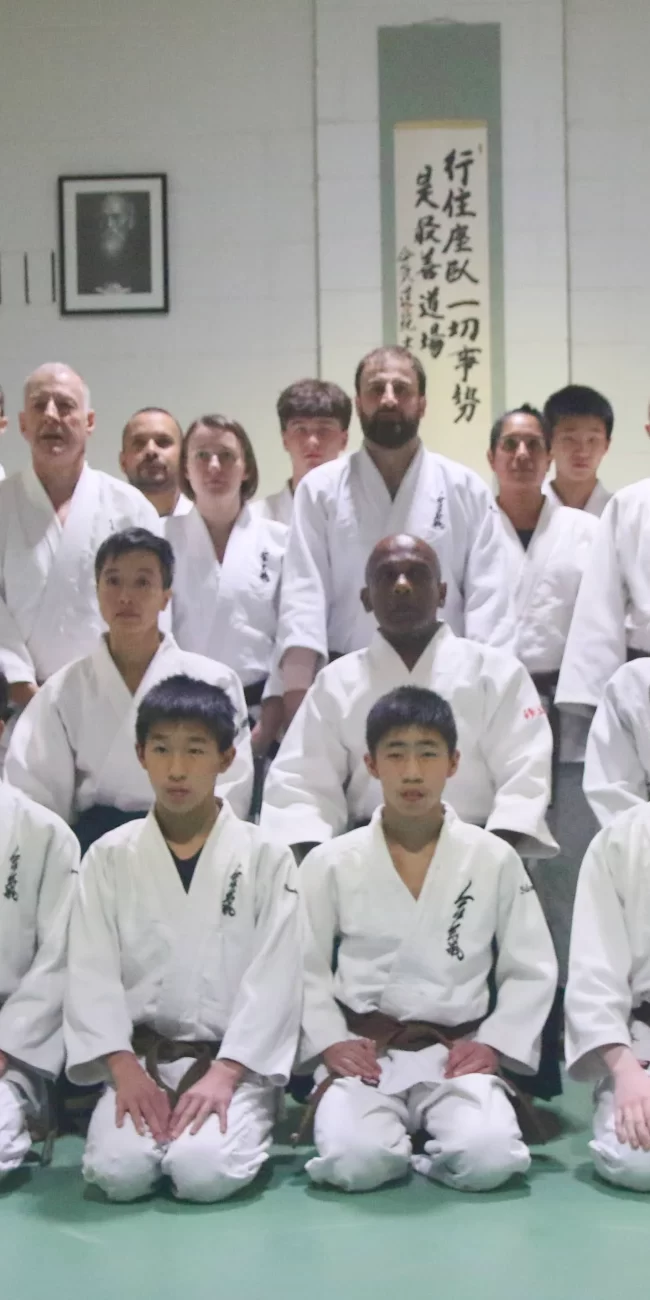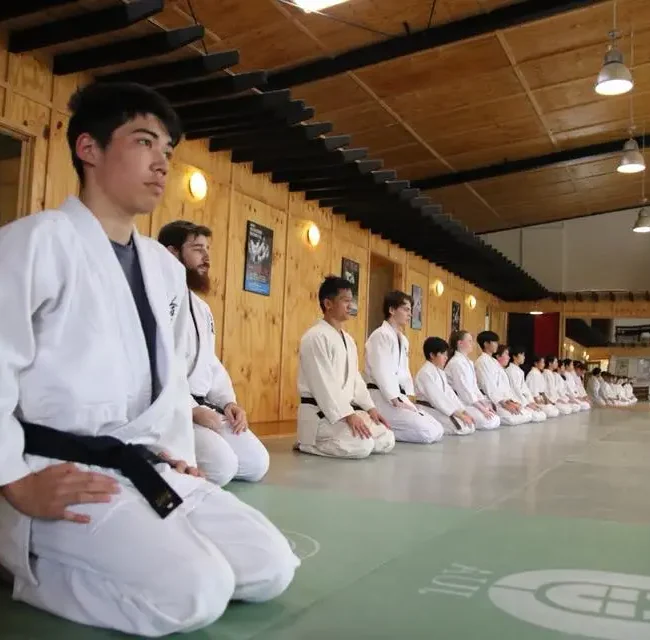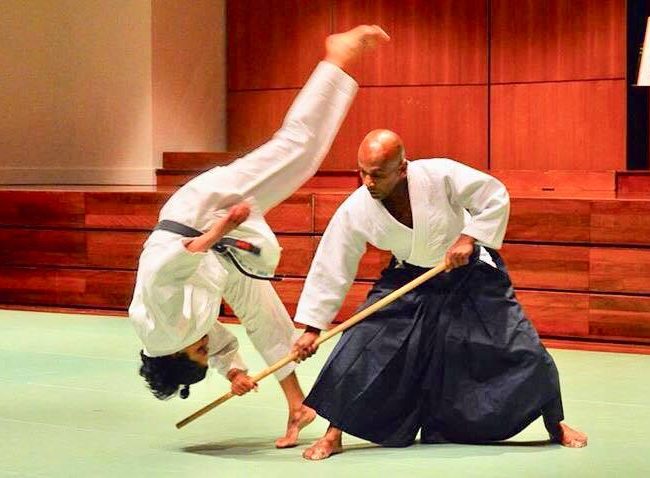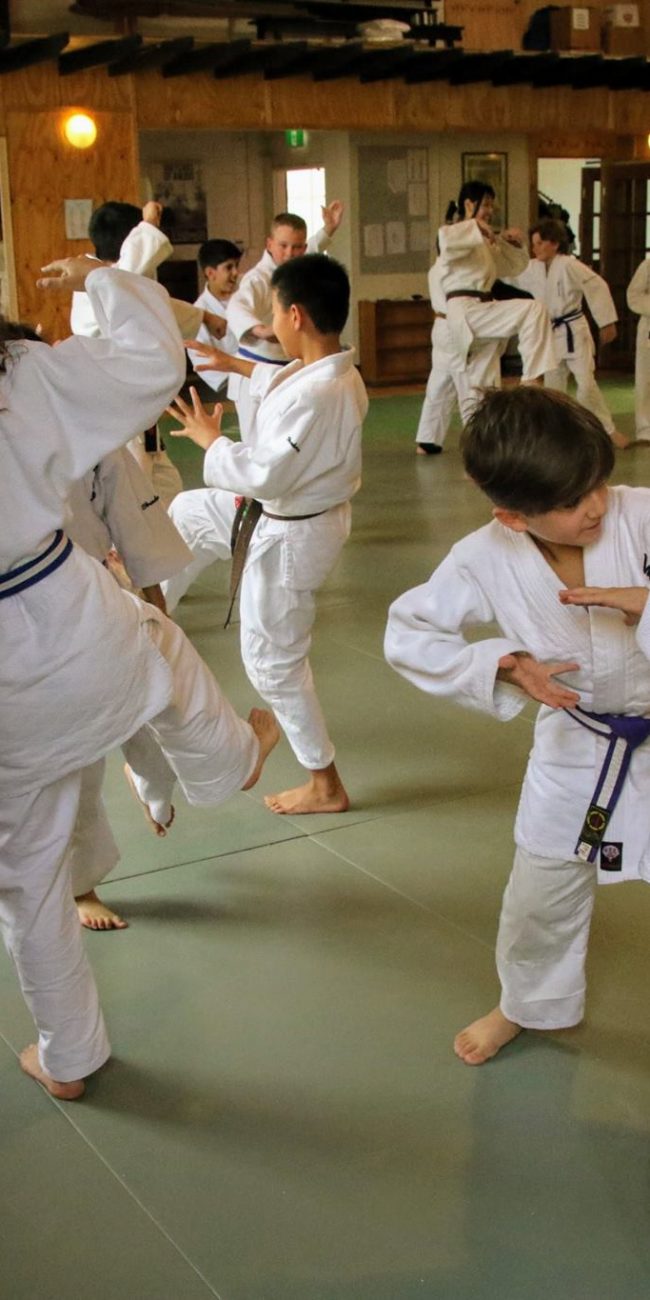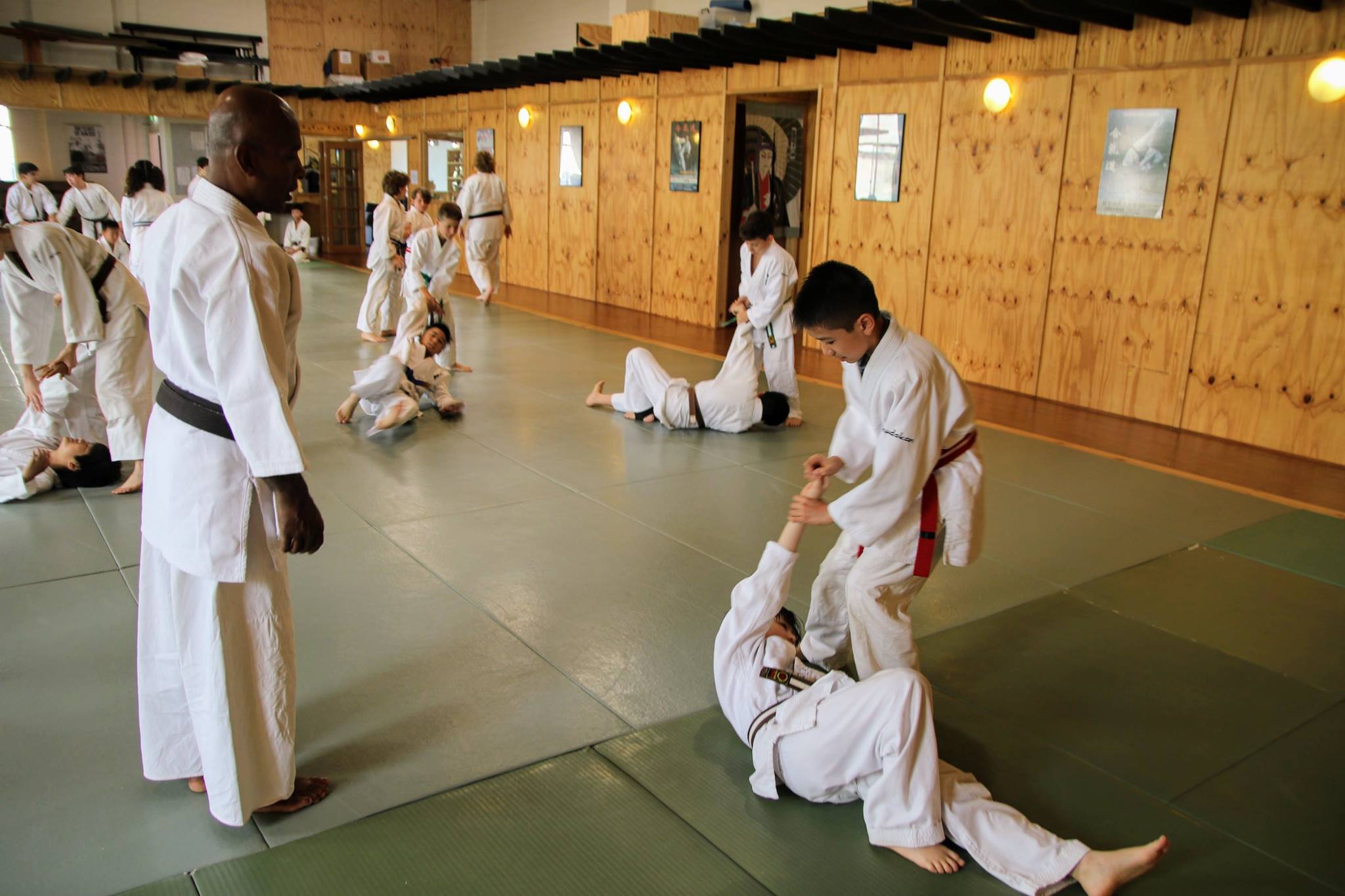
Aikido is a martial art that promotes physical and emotional growth in children. It is a holistic discipline that focuses on self-defense techniques while also nurturing important life skills. In this article, we will explore the benefits of Aikido for children in Melbourne and how it contributes to their overall well-being. Let’s delve into the world of Aikido and discover how it can positively impact your child’s development.
Fostering Physical Growth:
Developing Strength and Coordination
Aikido training involves various movements that help children develop strength and coordination. Through regular practice, children engage in exercises that improve their muscle tone, flexibility, and overall physical fitness. Techniques such as rolls, falls, and throws require precise coordination of body movements, enhancing their balance and agility.
Enhancing Motor Skills
Aikido training includes drills and exercises that promote the development of fine and gross motor skills in children. These skills are essential for performing everyday tasks with ease and efficiency. The intricate hand movements, footwork, and body positioning in Aikido contribute to the refinement of motor skills, allowing children to navigate their physical environment more effectively.
Cultivating Discipline and Focus
Aikido instills discipline and focus in children as they learn to follow instructions, adhere to etiquette, and practice self-control. The structured nature of Aikido classes promotes a sense of routine and responsibility, helping children develop healthy habits and a strong work ethic. Through focused training, children improve their ability to concentrate and remain present in the moment, a valuable skill that translates into other aspects of life.
Building Endurance and Stamina
Regular Aikido practice builds endurance and stamina in children. The dynamic nature of the martial art requires sustained physical exertion, gradually increasing their stamina over time. As children push their limits and persevere through challenging exercises, they develop resilience and mental fortitude, which positively impacts their overall well-being.
Fostering Emotional Growth:
Cultivating Self-Confidence
Aikido provides a supportive environment for children to develop self-confidence. As they learn and master new techniques, children gain a sense of achievement and self-assurance. Through positive reinforcement and encouragement from instructors and peers, they build confidence in their abilities, which extends beyond the training mat and into their daily lives.
Managing Emotions and Stress
Aikido training emphasizes emotional control and resilience. Children learn to manage their emotions, stay calm under pressure, and resolve conflicts peacefully. The techniques and principles of Aikido teach them to redirect aggression and diffuse tense situations, fostering emotional intelligence and effective communication skills.
Promoting Self-Reflection and Growth
Aikido encourages self-reflection and personal growth in children. Through regular practice, they become more self-aware, identifying their strengths, weaknesses, and areas for improvement. Aikido’s philosophy of non-competition and mutual respect helps children develop empathy, compassion, and a deeper understanding of themselves and others.
Nurturing Positive Relationships
In Aikido, children engage in partner exercises that promote cooperation and trust. They learn to work harmoniously with others, fostering positive relationships based on mutual respect and collaboration. The bonds formed through Aikido training contribute to their social development and enhance their ability to build healthy connections outside of the martial arts community.
FAQs (Frequently Asked Questions)
Q: Is Aikido safe for children?
A: Yes, Aikido is generally safe for children when taught by qualified instructors in a controlled environment. Proper warm-up exercises, supervision, and adherence to safety protocols ensure a safe training experience.
Q: Can Aikido help children build self-esteem?
A: Absolutely! Aikido training helps the kids build self-esteem by providing opportunities for achievement and personal growth. As they overcome challenges and improve their skills, their self-confidence naturally grows.
Q: Will Aikido make my child aggressive?
A: No, Aikido teaches the kids non-violent conflict resolution and emphasizes the importance of harmony. The techniques they learn focus on redirecting and neutralizing aggression rather than promoting it.
Q: Can Aikido benefit children with behavioral or attention issues?
A: Yes, Aikido can benefit children with behavioral or attention issues. The structured nature of the training, emphasis on discipline, and focus can help children channel their energy in a positive and constructive manner.
Q: How does Aikido contribute to a child’s emotional well-being?
A: Aikido contributes to a child’s emotional well-being by promoting emotional control, resilience, self-reflection, and positive relationships. It helps children manage their emotions, develop self-confidence, and cultivate empathy and compassion.
Conclusion
Aikido offers a myriad of benefits for children, fostering physical and emotional growth. From developing strength and coordination to cultivating self-confidence and emotional resilience, Aikido provides a holistic approach to nurturing children’s overall well-being. By practicing Aikido, the child will not only learn self-defense techniques but also gain essential life skills that will serve them well into adulthood. Encourage your child to embark on an Aikido journey and witness the transformative impact it can have on their lives.

